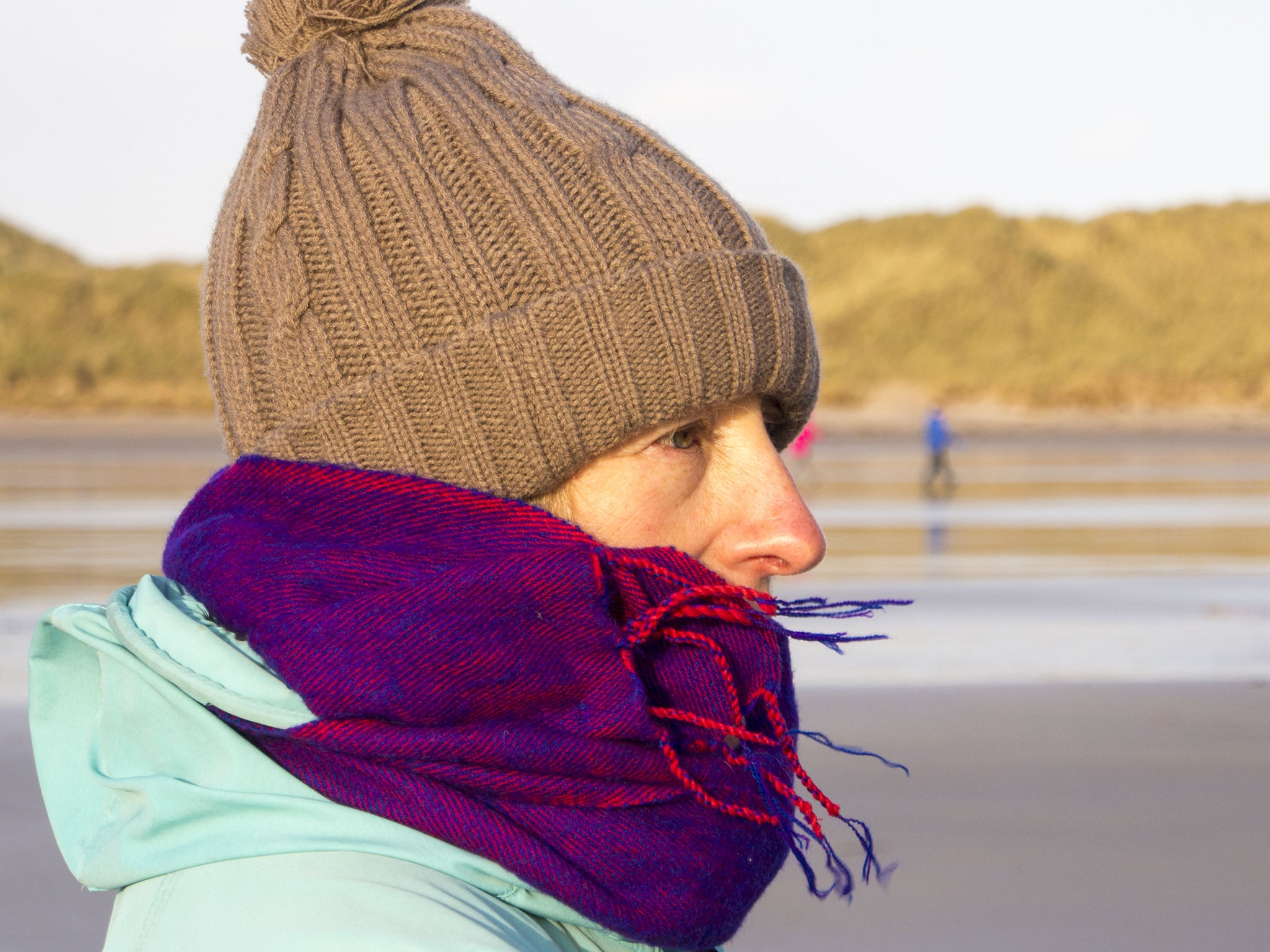Heed your mother’s warning: cover up or you’ll catch a cold
Many experts think that colds peak in winter simply because we spend more time indoors

Your support helps us to tell the story
From reproductive rights to climate change to Big Tech, The Independent is on the ground when the story is developing. Whether it's investigating the financials of Elon Musk's pro-Trump PAC or producing our latest documentary, 'The A Word', which shines a light on the American women fighting for reproductive rights, we know how important it is to parse out the facts from the messaging.
At such a critical moment in US history, we need reporters on the ground. Your donation allows us to keep sending journalists to speak to both sides of the story.
The Independent is trusted by Americans across the entire political spectrum. And unlike many other quality news outlets, we choose not to lock Americans out of our reporting and analysis with paywalls. We believe quality journalism should be available to everyone, paid for by those who can afford it.
Your support makes all the difference.Just in time for the winter cold season, scientists have been hard at work devising a new strategy for avoiding the sniffles – keep your nose nice and warm.
In findings which they say “give credence” to countless maternal warnings about wearing a scarf, experts at Yale University found that viruses that cause the common cold replicate more effectively at the lower temperatures encountered in the extremities of the body – such as the nose.
Despite the name, there is still debate over whether the viruses that cause colds actually benefit directly from cold temperatures.
Many experts think that colds peak in winter simply because we spend more time indoors with one another, speeding up the spread of more than 200 types of viruses that cause the mild infections.
However, the study, which was published in the US journal, the Proceedings of the National Academy of Sciences, revealed that it was likely temperature also played a part – not because of its impact on the virus, but because of its impact on our immune system. They found that cells taken from the airways of mice had a better immune response to a rhinovirus, one of the main causes of the common cold, when incubated at 37C – a human’s core body temperature – than at 33C, which is more like the temperature that might be encountered in the nose.
“We found that the innate immune response to the rhinovirus is impaired at the lower body temperature compared to the core body temperature,” said Akiko Iwasaki, professor of immunobiology at Yale, who led the study. “In general,” he added, “the lower the temperature, it seems the lower the innate immune response to the virus.”
According to the NHS, the average adult experiences between two and four colds a year. Children have around double that amount because their immune system is more vulnerable to infection.
There is, famously, no cure, but doctors recommend paracetamol and plenty of fluids. In a winter of extremely high demand on GP and hospital services, many hospitals have issued warnings to patients not to attend A&E with minor ailments. Dr Peter Swinyard, a GP in Swindon and chairman of the Family Doctor Association said that he was increasingly amazed at the apparent severity of people’s colds.
“People never just have a cold – they have a ‘really bad cold’, or a ‘dreadful cold’,” he said. “Unless you have any pre-existing serious respiratory disease it is perfectly OK to do nothing apart from over-the-counter medicine.”
Join our commenting forum
Join thought-provoking conversations, follow other Independent readers and see their replies
Comments